Health Care Access & Coverage
The Promise of Health Reform and a Public Option in the Biden Administration
Virtual Conference

What are the prospects for health care reform in the Biden Administration with narrow Democratic majorities in the legislature? Policy proposals to expand insurance coverage and push forward a public option are once again ripe for discussion and debate. In this half-day virtual conference, experts and stakeholders explored the public option and other possibilities as the Biden Administration seeks to transform campaign ideas into a politically feasible health care agenda.
See conference highlights on Twitter #LDIhcreform2021.
Watch recordings of the keynote conversation and two panel discussions below, explore event recaps, and listen to a special Tradeoffs podcast conference episode.
Recordings
Conference Agenda
10:00–10:45 a.m. ET
Welcome Remarks
Keynote Conversation: “Health Reform in This Political Moment”
Tom Daschle, Former Senate Majority Leader, interviewed by Ezekiel Emanuel, MD, PhD
10:45–11:45 a.m. ET
Expanding Coverage Through Medicaid
Panelists discussed the Medicaid program’s impact on health and wellbeing and options to increase coverage to low-income populations in expansion and non-expansion states.
11:45–11:55 a.m. ET
Break
11:55 a.m.–12:45 p.m. ET
Live Recording of Tradeoffs Podcast Episode
11:55 a.m.–12:45 p.m. ET
Improving Private Health Insurance Markets
Panelists debated the potential impact and feasibility of the public option and other proposed reforms seeking to address health insurance coverage gaps in the marketplaces.
1:45 p.m. ET
Closing Remarks
Rachel M. Werner, MD, PhD
Speakers

Tom Daschle
Tom Daschle is the Founder and CEO of The Daschle Group, a full-service strategic advisory firm that advises clients on a broad array of economic, policy, and political issues. Senator Daschle is one of the longest serving Senate Democratic leaders in history and one of only two to serve twice as both Majority and Minority Leader. A well-known expert on health policy reform, Senator Daschle has participated in the development and debate of almost every major public policy issue of the last three decades, including implementation of the Affordable Care Act. Senator Daschle holds a BA in political science from South Dakota State University.

Ezekiel Emanuel, MD, PhD
Ezekiel Emanuel is Vice Provost for Global Initiatives, the Diane v.S. Levy and Robert M. Levy University Professor of Medical Ethics and Health Policy, Co-Director of the Healthcare Transformation Institute, and LDI Senior Fellow at the University of Pennsylvania. Dr. Emanuel previously served as special advisor for health policy to the director of the White House Office of Management and Budget and chair of the Department of Bioethics at the National Institutes of Health. Dr. Emanuel holds a BA from Amherst College, an MSc from Exeter College, and an MD and PhD in political philosophy from Harvard University.

Joseph Benitez, PhD, MPH
Joseph Benitez is Assistant Professor in the Department of Health Management and Policy at the University of Kentucky. His research focuses on the impact of public policy changes on access to care, medically underserved populations and the role of the health care safety net, and the Medicaid program. In 2016, he was funded by AcademyHealth’s New Investigator Small Grant Program to study the implications of Medicaid expansion for safety net hospital financing. More recently, Dr. Benitez received funding from the UK Schnatter Institute to study hospital utilization patterns among Kentucky’s Medicaid expansion population. He holds a BS from the University of Georgia, an MPH from the University of Kentucky and a PhD in Health Policy and Administration from the University of Illinois.
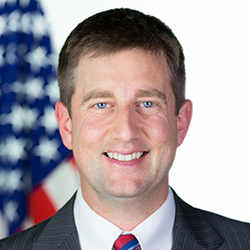
Brian Blase
Brian Blase is CEO of Blase Policy Strategies and a senior research fellow at the Galen Institute and the Foundation for Government Accountability. Previously, he served as Special Assistant to the President for Economic Policy at the White House National Economic Council, Senior Research Fellow at the Mercatus Center, Health Policy Analyst at the U.S. Senate Republican Policy Committee, and Senior Professional Staff Member at the U.S. House Committee on Oversight and Government Reform. He holds a BA in Political Science, a BS in Mathematics from Pennsylvania State University, and a Master’s and PhD in Economics both from George Mason University.

Paula Chatterjee, MD, MPH
Paula Chatterjee is an Assistant Professor in the Division of General Internal Medicine at the University of Pennsylvania. Her research interests include quality measurement for hospitals and post-acute care facilities, alternative payment models, Medicaid policy, and the health care safety net. Recent projects have focused on potential health spillover effects of improved financial security as a result of Medicaid expansions, and the relationship between early Medicaid expansions and the opioid epidemic. She holds a BSc and MPH from Yale University and an MD from Harvard University.

Lanhee J. Chen, PhD, JD
Lanhee Chen is the David and Diane Steffy Fellow in American Public Policy Studies at the Hoover Institution and Director of Domestic Policy Studies and Lecturer in the Public Policy Program at Stanford University. He is also Chairman of the Board of Directors of El Camino Health in California. Chen’s career has included work in American politics, the U.S. government, academia, health policy, and business. He has served as advisor for several presidential campaigns and was a senior appointee at the U.S. Department of Health and Human Services during the George W. Bush Administration. He holds an AB in government, a PhD and AM in political science, and a JD, all from Harvard University.
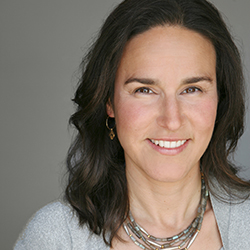
Suzanne F. Delbanco, PhD, MPH
Suzanne F. Delbanco is Executive Director of Catalyst for Payment Reform, an independent, non-profit corporation working to catalyze employers, public purchasers, and others to implement strategies that produce higher-value health care and improve the functioning of the health care marketplace. She also serves on the advisory board of the Source on Healthcare Price and Competition at UC Hastings. Previously, she was the Founding CEO of The Leapfrog Group. Delbanco holds a PhD in Public Policy from the Goldman School of Public Policy and an MPH from the School of Public Health at the University of California, Berkeley.

David Grande, MD, MPA
David Grande is an Associate Professor of Medicine at the University of Pennsylvania School of Medicine and Director of Policy at the Leonard Davis Institute of Health Economics. His research focuses on health care for vulnerable populations with an emphasis on identifying and overcoming barriers to care. He also studies ethical issues related to marketing in health care and digital health information privacy and was a Robert Wood Johnson Health & Society Scholar at the University of Pennsylvania. He holds a BS from Rutgers University, a Masters in Public Affairs (MPA) from Princeton University, and an MD from the Ohio State University.

Dan Gorenstein
Dan Gorenstein is Executive Producer and co-host of the Tradeoffs podcast, and an Adjunct Senior Fellow at the Leonard Davis Institute of Health Economics. Tradeoffs combines compelling stories and rigorous research to explore solutions to some of health care’s toughest challenges. Before launching the podcast, Gorenstein was the senior reporter for Marketplace’s “Health Desk,” covering the business of health care. Previously, he was a reporter for New Hampshire Public Radio. He holds a BA from Earlham College.
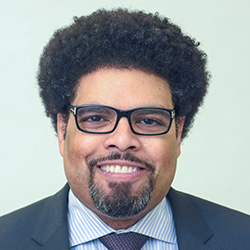
Darrick Hamilton, PhD
Darrick Hamilton is a University Professor, the Henry Cohen Professor of Economics and Urban Policy, and the Founding Director of the Institute for the Study of Race, Stratification and Political Economy at The New School. Hamilton has been involved in crafting policy proposals, such as Baby Bonds and a Federal Job Guarantee, which have been inspirations for legislative proposals at the federal, state and local levels. He has served as a member of the economic committee of the Biden-Sanders Unity Task Force and advised other Members of Congress and 2020 presidential candidates. He holds a BA from Oberlin College and a PhD in economics from the University of North Carolina.

Allison K. Hoffman, JD
Allison Hoffman is Professor of Law and an LDI Senior Fellow at the University of Pennsylvania. Previously, she was Professor of Law at UCLA and a visiting faculty member at Yale Law School. She has written extensively about the legal and normative aspects of health care reform, health insurance markets, and consumer choice. Her expertise includes health insurance regulation, the Affordable Care Act, Medicare and retiree health expenses, Medicaid, and long-term care. She is co-editor of the Oxford Handbook of U.S. Health Law, which offers the most comprehensive review of U.S. health law in the post-ACA era. She holds an AB from Dartmouth College and a JD from Yale University.

Christopher F. Koller, MA
Christopher Koller is President of the Milbank Memorial Fund, a 116-year operating foundation that improves population health by connecting leaders with the best information and experience. Before joining the Fund, he served the State of Rhode Island as the country’s first health insurance commissioner between 2005 and 2013. The office was also one of the lead agencies in implementing the Affordable Care Act in the state. He was a member of the National Academy of Medicine’s (NAM) Health Care Services Board from 2014 to 2019 and has served on various NAM committees. He holds an AB from Dartmouth College and master’s degrees in social ethics and public/private management from Yale University.
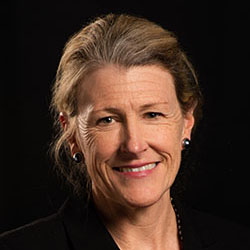
Jeanne Lambrew, PhD
Jeanne Lambrew is Commissioner of the Maine Department of Health and Human Services. She previously served within President Obama’s administration as director of the Office of Health Reform at the U.S. Department of Health and Human Services, where she worked on passage of the landmark Affordable Care Act. She also previously served as President Obama’s deputy assistant for health policy, guiding the implementation of the ACA as well as initiatives to improve the quality and value of Medicare, Medicaid, CHIP and public health. She holds a BA from Amherst College, and an MA and PhD in health policy from the University of North Carolina.

Shaundell Newsome
Shaundell Newsome is the Visionary and Founder of Sumnu Marketing, the SBA Nevada Family-Owned Business of the Year in 2015. Newsome is an Air Force veteran and author of The Twelve Steps of Marketing: A Perfect Guide to Branding. He is Chairman of the Board for the Urban Chamber of Commerce Las Vegas and is an advisory board member for the Nevada Small Business Development Center. In 2020, Newsome became a Co-Chair of Small Business for America’s Future, where he fulfills his passion for advocating on behalf of small businesses and the issues that impact them.
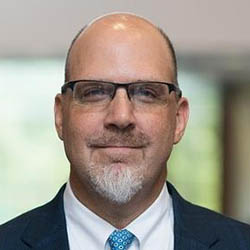
Stephen T. Parente, PhD, MPH, MS
Stephen Parente is the Minnesota Insurance Industry Chair of Health Finance in the Carlson School of Management at the University of Minnesota and Associate Dean of the Carlson Global Institute. His research focuses on health economics, information technology, and health insurance. He served as Chief Economist for Health Policy on the Council of Economic Advisers at the White House from 2019 to 2021. Previously, he was Senior Adviser to the Secretary for Health Economics in the Department of Health and Human Services, Vice Chair of AcademyHealth, and the Governing Chair of the Health Care Cost Institute. He holds a BA, MS, and MPH from the University of Rochester and a PhD from Johns Hopkins University.

Sara Rosenbaum, JD
Sara Rosenbaum is the Harold and Jane Hirsh Professor of Health Law and Policy and Founding Chair of the Department of Health Policy at the Milken Institute School of Public Health at George Washington University. An expert on health reform and the Medicaid program, she has devoted her career to issues of health justice for populations who are medically underserved as a result of race, poverty, disability, or cultural exclusion. She has emphasized public engagement as a core element of her professional life, providing public service to six presidential administrations and 19 congresses. She holds a BA from Wesleyan University and a JD from Boston University.
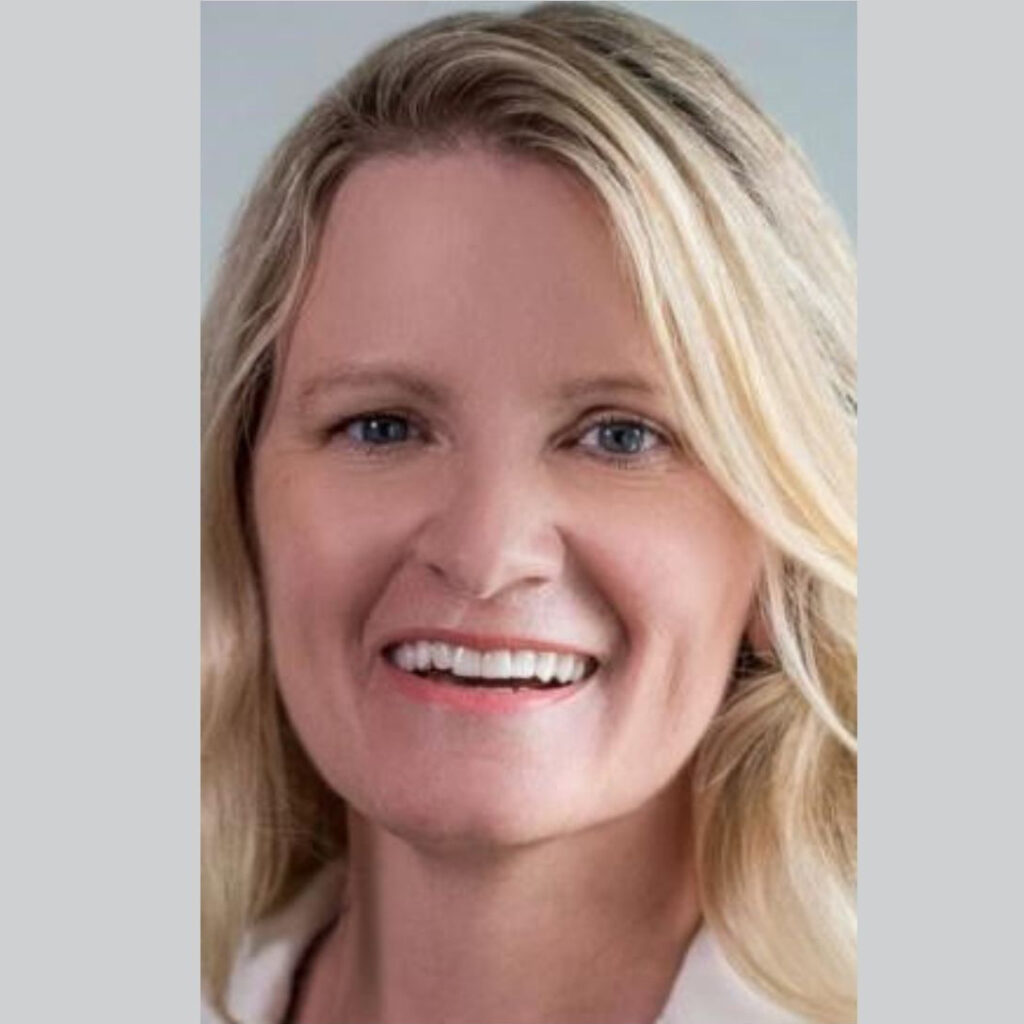
Sheila Savageau
Sheila Savageau is the U.S. Healthcare Leader at General Motors. She has been with General Motors since 2013 and is responsible for U.S. health care benefits plan design strategy and policy for hourly and salaried employees. Savageau has been instrumental in establishing and executing the health care strategy for General Motors. She has over 20 years of experience with manufacturing, retail, and insurance industries in the areas of finance, operations, design strategy, and vendor management related to global benefit plans.

Rachel M. Werner, MD, PhD
Rachel M. Werner is Executive Director of the Leonard Davis Institute of Health Economics. She is a Professor of Medicine at the University of Pennsylvania, as well as the Robert D. Eilers Professor of Health Care Management at The Wharton School, and a practicing internist at the Philadelphia VA. Dr. Werner’s research examines the effect of health care policies and delivery systems on quality of care, with recent emphasis on the effects of health care payment and organization on post-acute care. She holds a BA from Macalester College, and an MD and PhD in health economics from the University of Pennsylvania.

